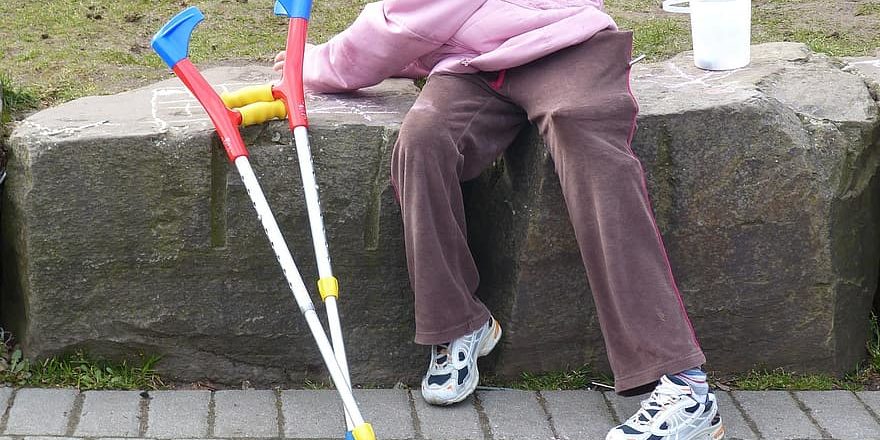SSI for children is crucial support for families in need. Supplemental Security Income (SSI) provides critical financial support to people with disabilities who experience economic hardship, including 1.1 million children. SSI income is crucial not only because it can boost families out of poverty, but also because in many states, SSI recipients are automatically eligible for Medicaid and other programs that provide much needed resources. However, racial and ethnic disparities in Social Security Administration (SSA) policies, and in systems underlying SSI applications, create inequities in accessing and maintaining SSI benefits.
To establish a child’s eligibility for SSI benefits, a family must present mental health, physical health, and education records to prove disability. If a child is eligible, they must periodically present new evidence to prove they still qualify. Children face possible suspension or termination of benefits if they become involved in the criminal justice or child welfare systems.
Black children are disproportionately impacted by SSA’s policy choices, like heightened standards for asthma and sickle cell disease. SSA heightened its rules to qualify for benefits based on asthma and sickle cell to be incredibly challenging to meet, despite the disparate impact of these serious health issues on Black children.
Black children and non-Black children of color are disproportionately impacted by racism in the systems SSA relies upon for evidence. SSA must rely on information from medical providers, schools, and other systems to decide who is eligible to receive and maintain SSI benefits. Therefore, where racism and inequity exist in education, medicine, behavioral health, criminal justice, and child welfare systems, racism and inequity are perpetuated in the administration of SSI benefits.
SSA knows racial inequities persist in its programs. The United States General Accounting Office (GAO) identified racial and ethnic disparities with SSA’s programs and called on SSA to take appropriate action to investigate and prevent racial disparities in its programs. However, because SSA no longer reports data about race and ethnicity, progress is difficult to assess.
SSA must make internal changes and establish external collaborative partnerships to improve equity in access to crucial benefits.
To that end, Community Legal Services of Philadelphia recommends that SSA:
- address the GAO recommendations to improve its decision-making practices and “more readily identify patterns of misconduct, including racial bias” in its decision-makers by collecting and releasing data on race and ethnicity within its programs;
- provide training to SSI adjudicators on systemic inequities to inform holistic review of evidence in light of marginalized clients’ barriers to care to accumulate evidence;
- eliminate suspension or termination of SSI for custodial juvenile justice placements;
- provide youth leaving institutional settings who previously received benefits with default eligibility and emergency funds for at least six months, so that the youth has time and resources to build a record with the evidence needed to continue benefits;
- amend its regulations for proving severe disability relating to asthma and sickle cell to eliminate unreasonable burdens which disproportionately affect Black children;
- solicit comments specifically addressing racial disparities when proposing rule changes;
- facilitate development of an accurate record by being lenient with deadlines to submit records and sending applicants to comprehensive evaluations when an applicant is affected by disparate access to care;
- implement a national outreach program to find and enroll all SSI eligible children;
- create an Office of Equitable Outcomes for the childhood disability program.






